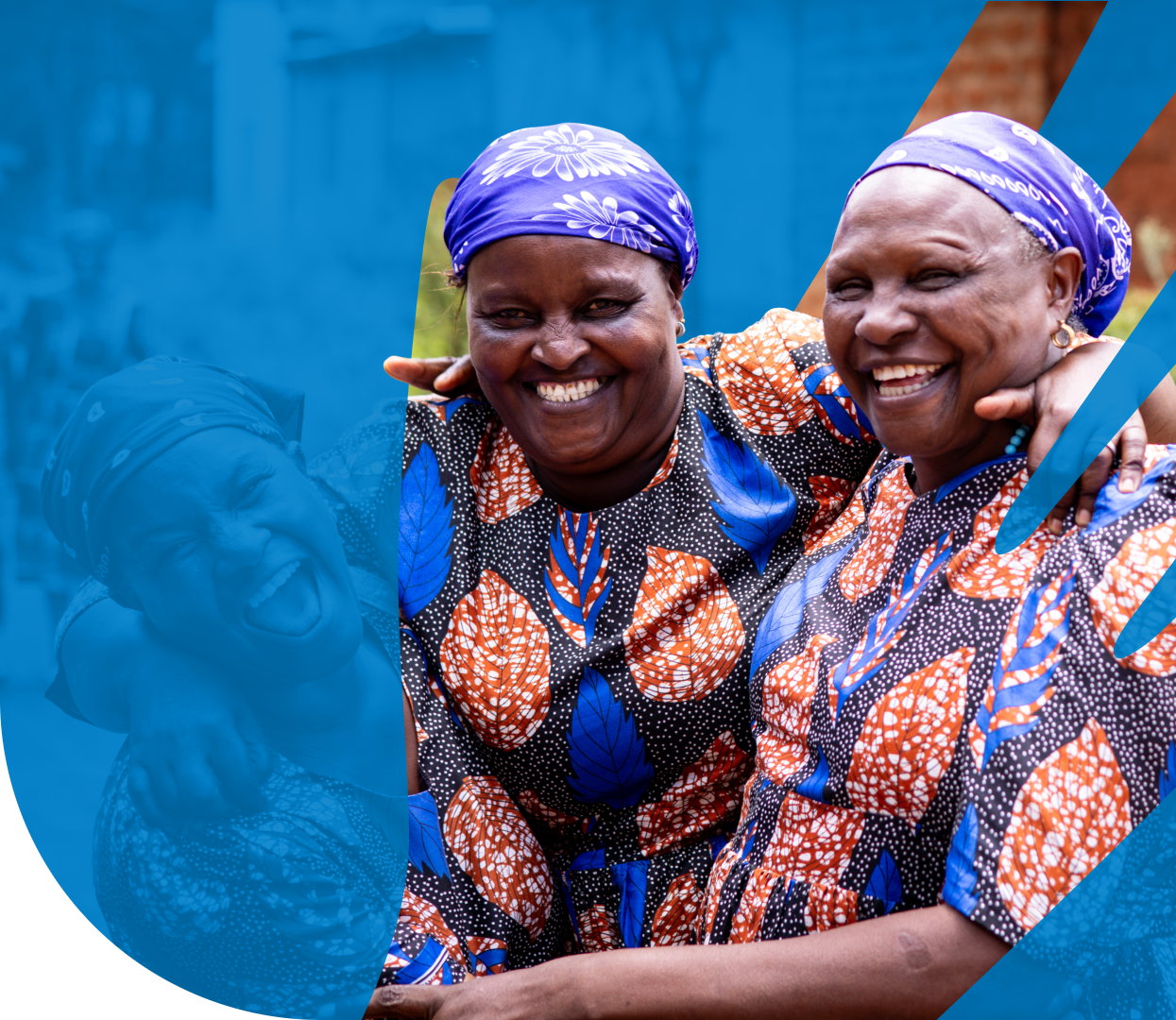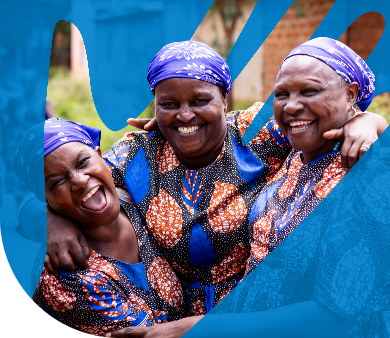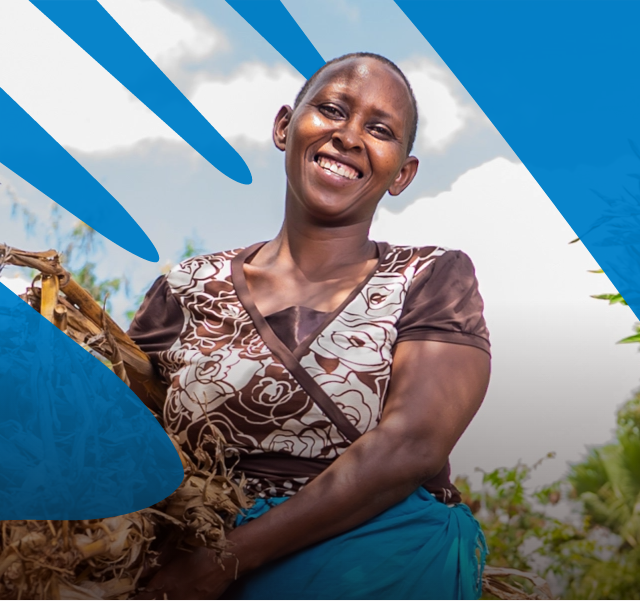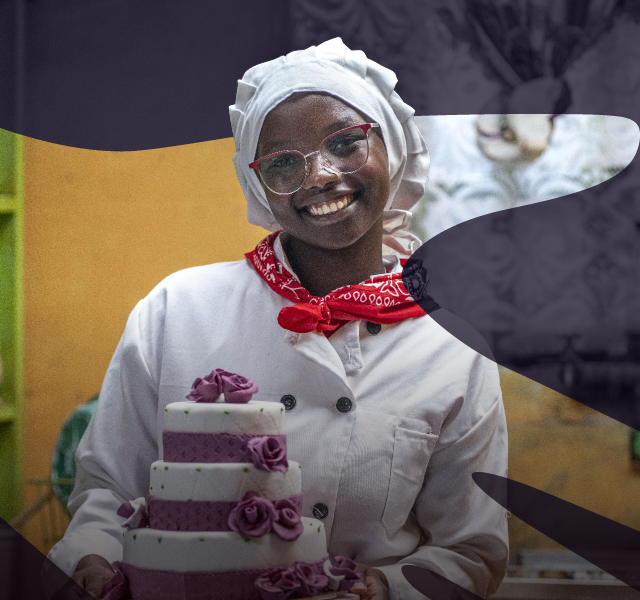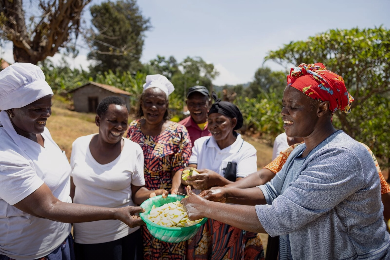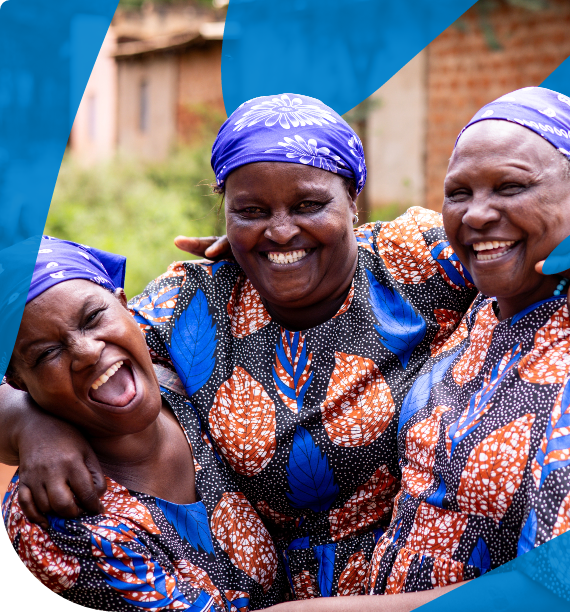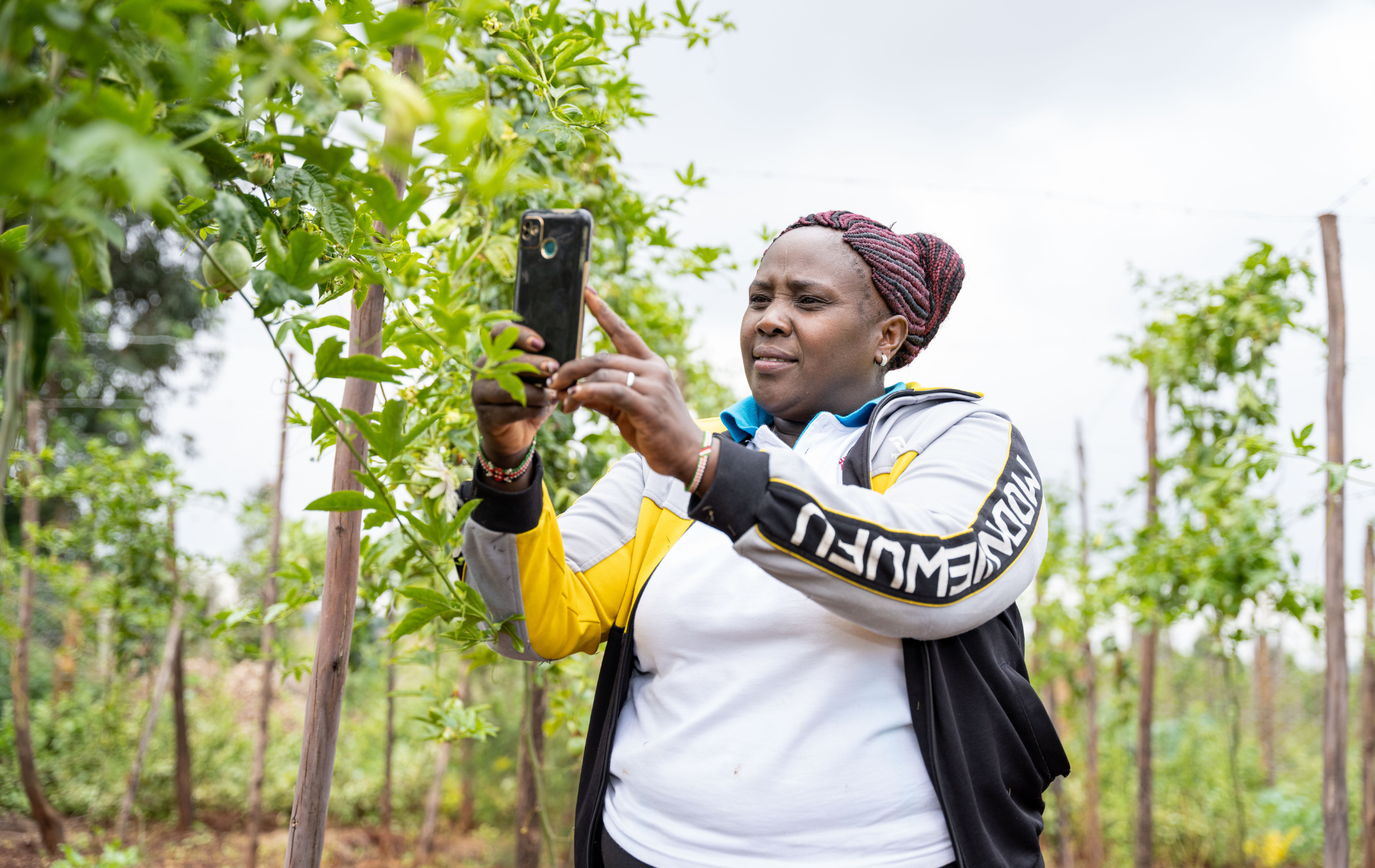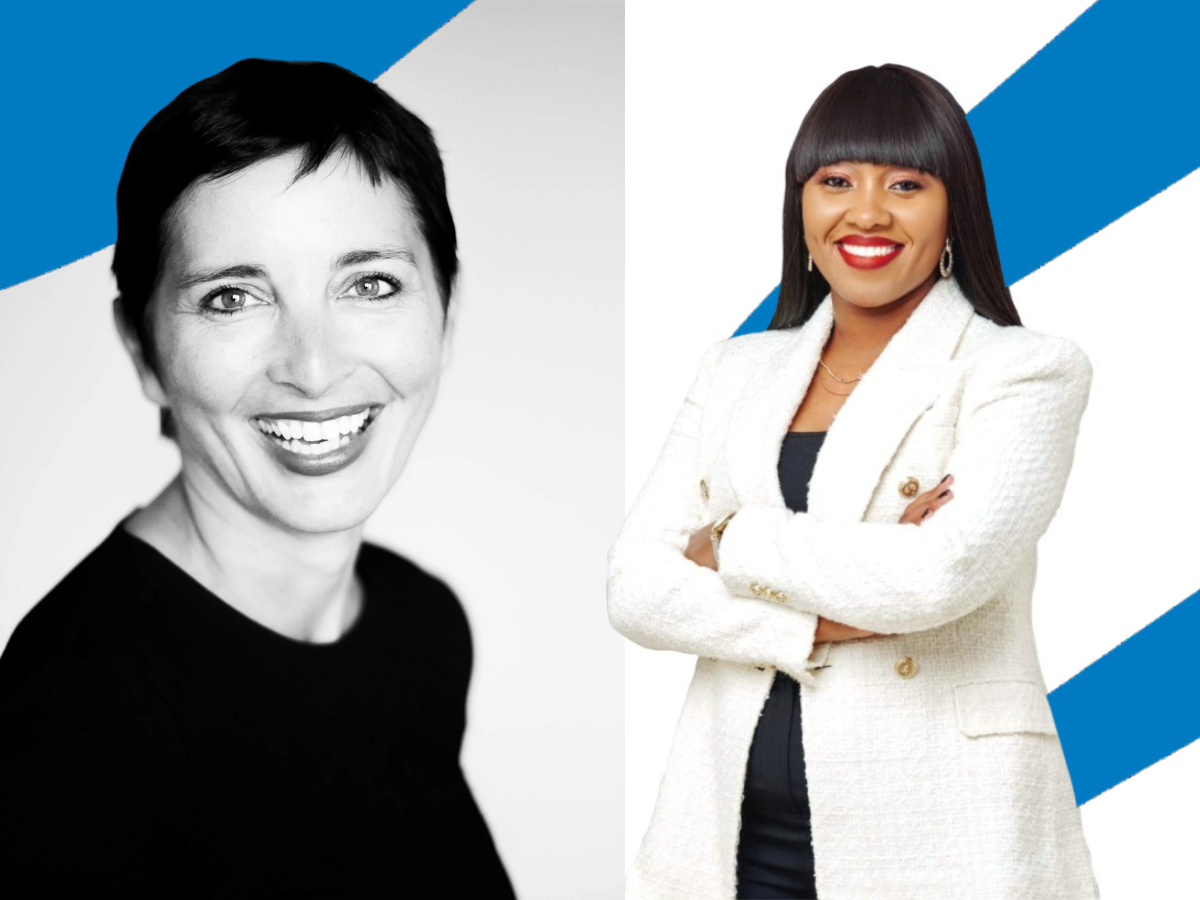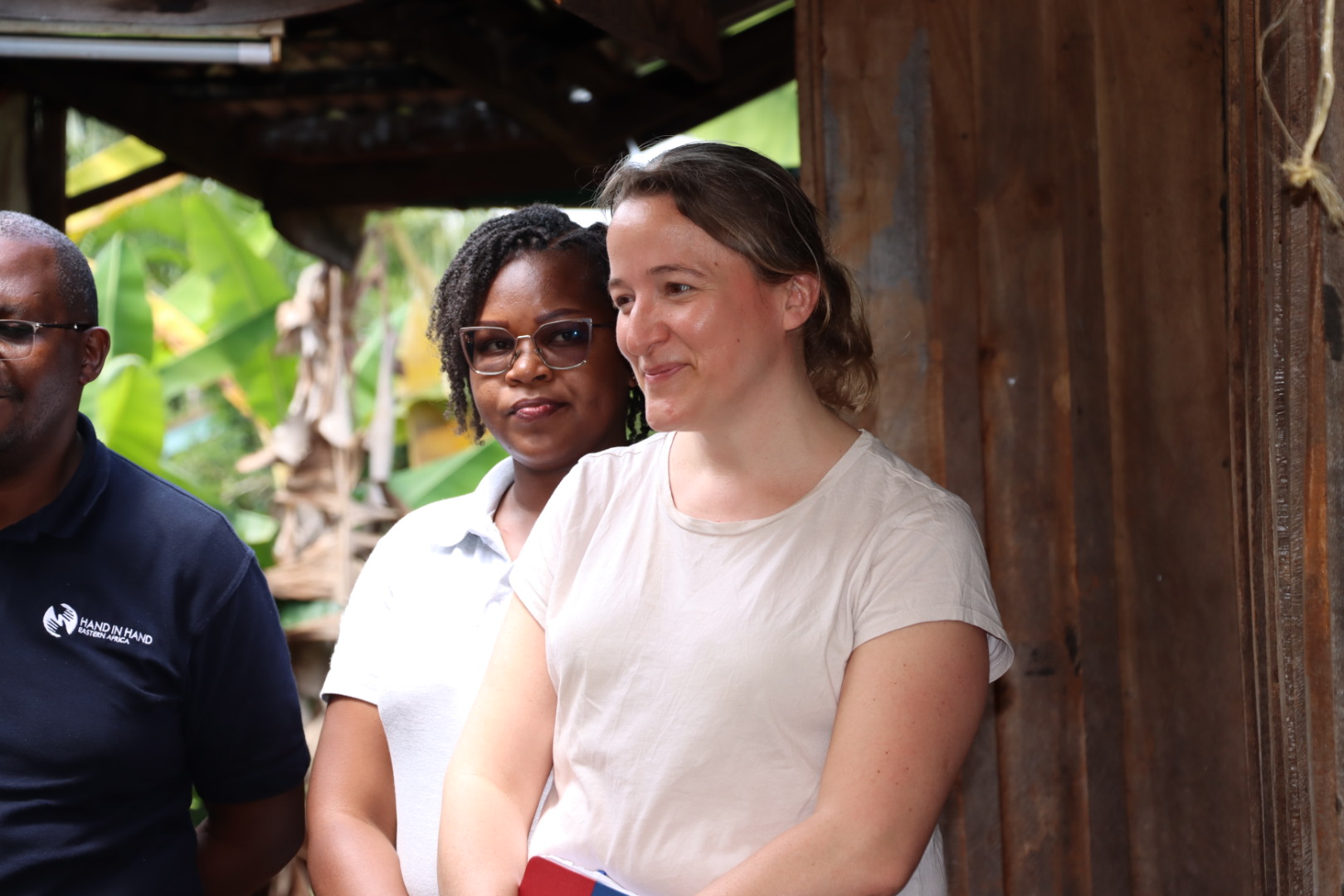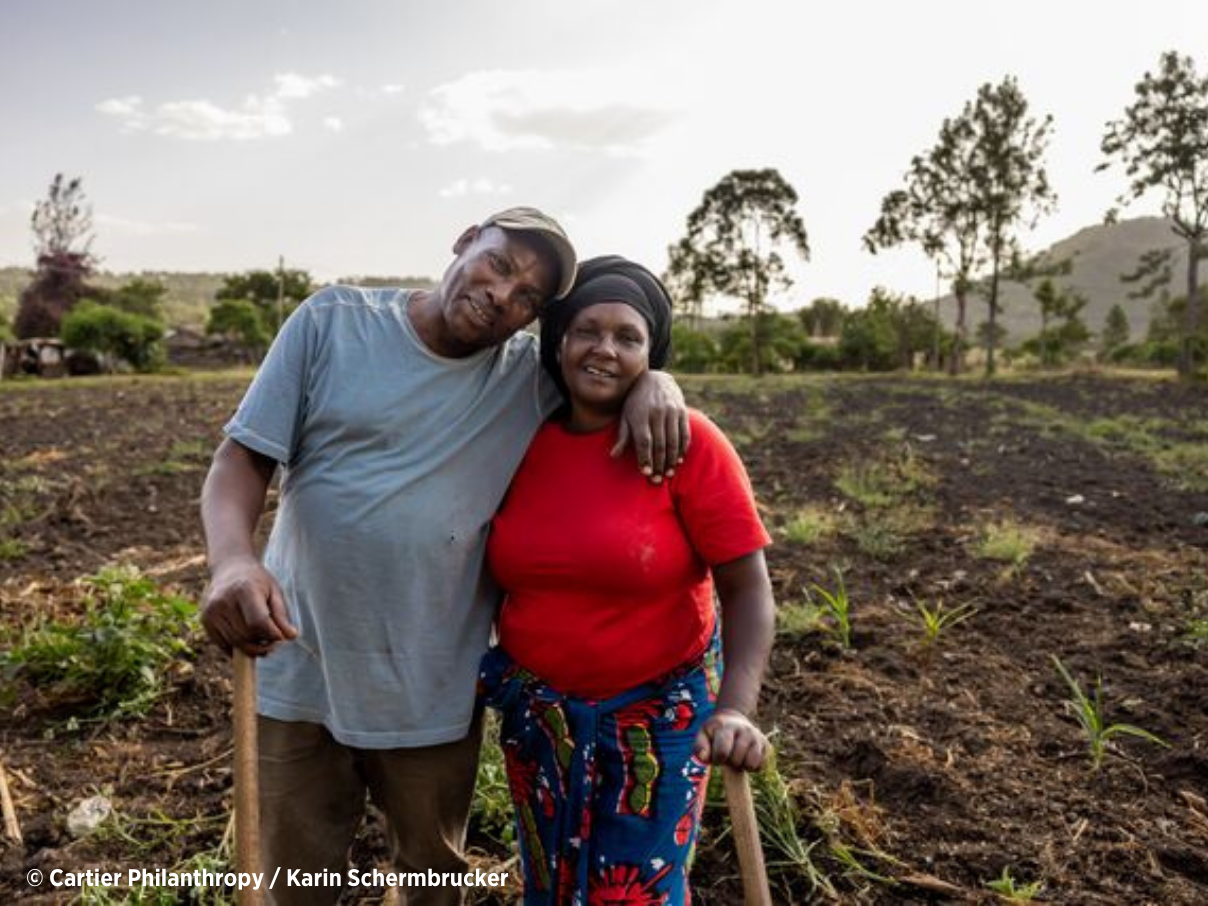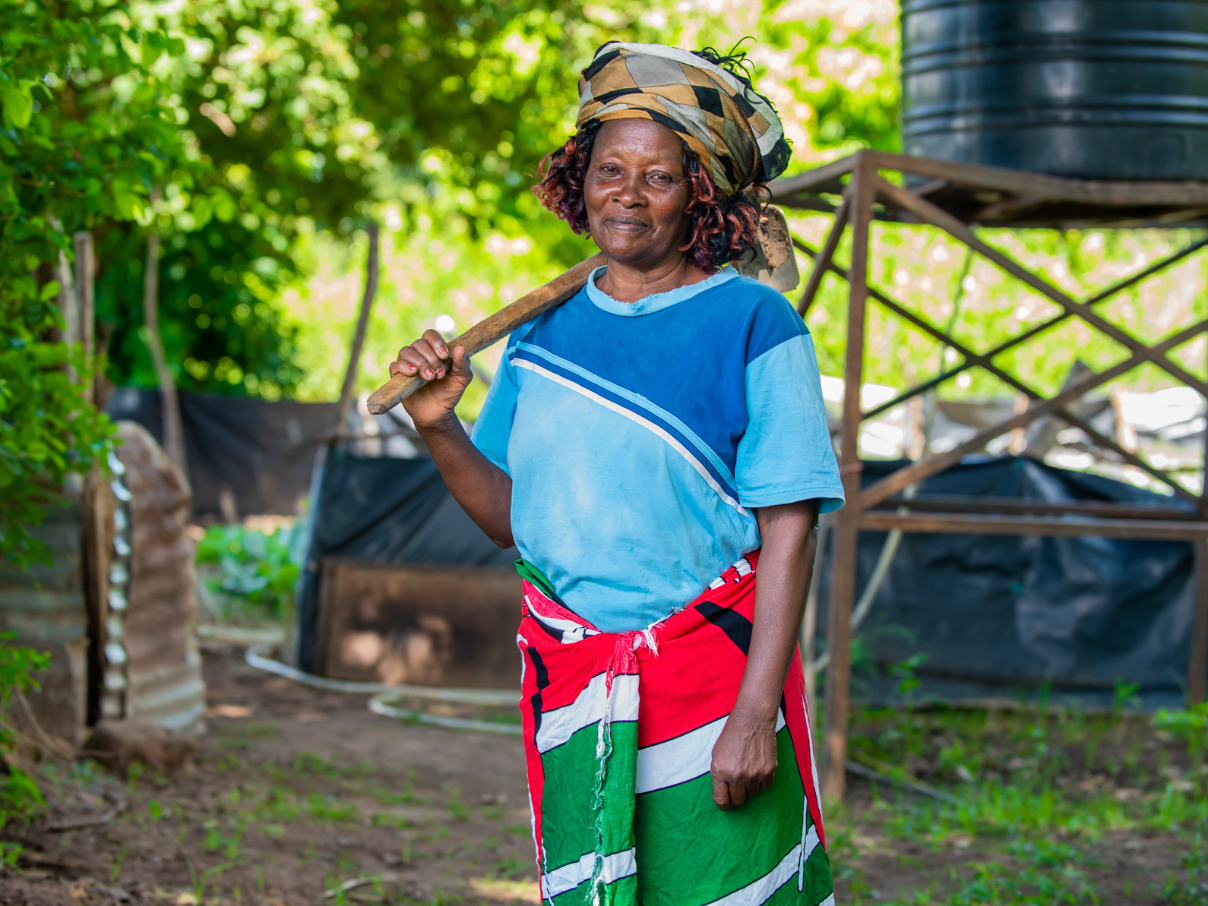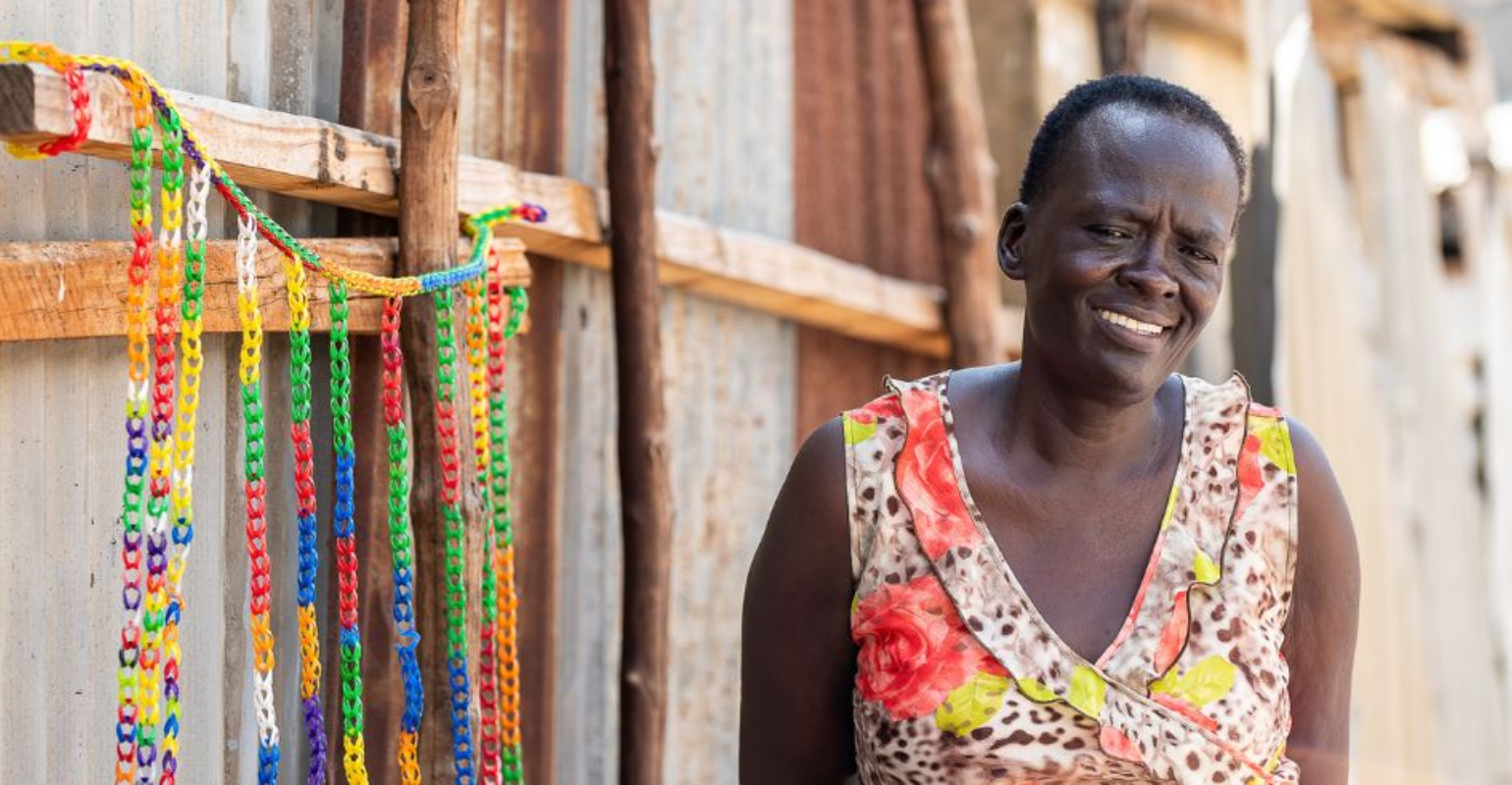Collaboration is essential to fighting poverty.
Partnerships are the foundation our work is built on. If you want to increase your impact and transform lives at scale, contact us today.
Aviator Game Online.
The
Aviator Game is an innovative and thrilling online betting game that combines excitement with strategy. Unlike traditional casino games, Aviator features a virtual plane that takes off and climbs higher, increasing a multiplier as it goes. The goal is to cash out before the plane flies away, as waiting too long can result in losing the bet.
Players can adjust their wager and enjoy the suspense as they decide the perfect moment to cash out. The simplicity of the game, paired with its high-payout potential, makes it appealing to casual players and high-stakes enthusiasts alike.
With its dynamic gameplay and fast rounds, Aviator offers endless fun and adrenaline-filled moments!
Plinkogame.win guide.
Plinkogame.win is a dynamic platform dedicated to offering players an exhilarating Plinko experience. With its sleek design and user-friendly interface, it’s the perfect destination for both beginners and seasoned players.
The game mechanics are simple: drop a ball from the top of the board and watch it bounce through the pegs until it lands in a prize slot. Plinkogame.win enhances the fun with adjustable risk levels and bet sizes, catering to all playing styles.
The platform is secure, ensuring safe transactions and a fair gaming environment. For those seeking excitement and big rewards, Plinkogame.win delivers unmatched entertainment!
Plinko Game Online is an exciting and engaging game that has captured the attention of players worldwide. Inspired by the classic game show concept, Plinko offers simple yet thrilling gameplay. Players drop a ball from the top of a peg-filled board, and it bounces unpredictably, landing in one of the prize slots at the bottom.
What makes Plinko unique is its blend of strategy and luck. Online versions often include customizable features, such as adjustable bet sizes and the ability to choose the risk level, making it appealing to both casual players and high rollers.
Available on various casino platforms, Plinko boasts vibrant graphics and smooth gameplay. Whether you’re aiming for big rewards or just enjoying the fun mechanics, Plinko provides endless entertainment with every drop.
Jak usunąć konto w GGbet?
Usunięcie konta w GGbet jest procesem prostym, ale wymaga kilku kroków. Aby zamknąć swoje konto GGbet (
https://kasynoholandiaonline.com/ggbet-casino/):
Skontaktuj się z Obsługą Klienta: Zaloguj się na swoje konto GGbet i przejdź do sekcji pomocy. Możesz skontaktować się z obsługą klienta przez czat na żywo lub e-mail.
Wyjaśnij Powód: Napisz do obsługi klienta, podając powód chęci zamknięcia konta.
Potwierdź Usunięcie: Po przetworzeniu Twojej prośby otrzymasz potwierdzenie.
Pamiętaj,
Explore partnerships
